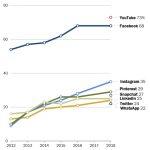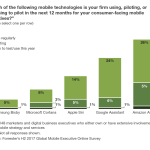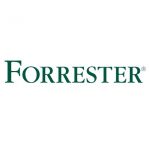Here’s Why Sun Basket Just Got $58M, Even As Meal Kits Like Blue Apron Are Flailing
Blue Apron’s dwindling stock value, Plated’s acquisition by Albertson’s, and reports detailing a seemingly industrywide difficulty with retaining customers has opened up questions about the sustainability of the meal-kit industry. Despite all that, Sun Basket, a health-focused meal-kit company, just raised $58 million led by August Capital.
The investment follows a $9.2 million infusion led by Unilever in May. The consumer package goods company has also been using Sun Basket’s food prep packages as a channel for sending out samples of its products to relevant consumers.
So what has companies and investors putting their money into Sun Basket against all the evidence? The company claims it has three times the customer retention of its competitors. Based on analytics from a Morningstar report earlier this year, the average retention for companies like Hello Fresh, Blue Apron, and Plated after 12 months sits around 8%-18%. (Disclosure: Morningstar founder Joe Mansueto owns Fast Company.) That means Sun Basket is claiming a 24% retention rate at minimum. It also claims a $275 million annual run-rate.
The company differentiates itself by offering recipes designed for a range of diets. Rather than just making dinner preparation easier, as more generic meal-kits purport to do, Sun Basket is riding the “clean eating” wave by helping people achieve their nutritional goals and source meals that meet their dietary restrictions.
It is, put simply, a higher-value proposition than just making dinner easier. It’s gone beyond paleo, dairy-free, and gluten-free, and soy-free meals to include vegan, Mediterranean, and pescatarian options. Through its focus on healthy eating, the company sees its platform as a place where, eventually, companies can begin to sell other kinds of products—a sort of extension of Unilever slipping samples into packaging. Essentially it wants to become a marketplace for all the things a healthy eater might find appealing.
Meal kits initially captivated investors with their promise to upend the grocery industry. No longer would people drive to the grocery store and shop for random individual items. Instead, consumers would shop for whole meals and have them delivered straight to their door (and for less money!). But it turns out that meal kits in and of themselves cannot wholesale replace grocery; they’re too limited. However, they are an innovation that consumers want and thus have become an acquisition target for grocers and other looking to stay connected.
Sun Basket won’t say whether it’s considering any such deals, though given Blue Apron’s difficulty, it might find a better exit through an acquisition. In the meantime, its latest funding will fuel continued expansion. The company is planning to launch larger distribution centers on the East Coast and in the Midwest this quarter.
Fast Company , Read Full Story
(13)














